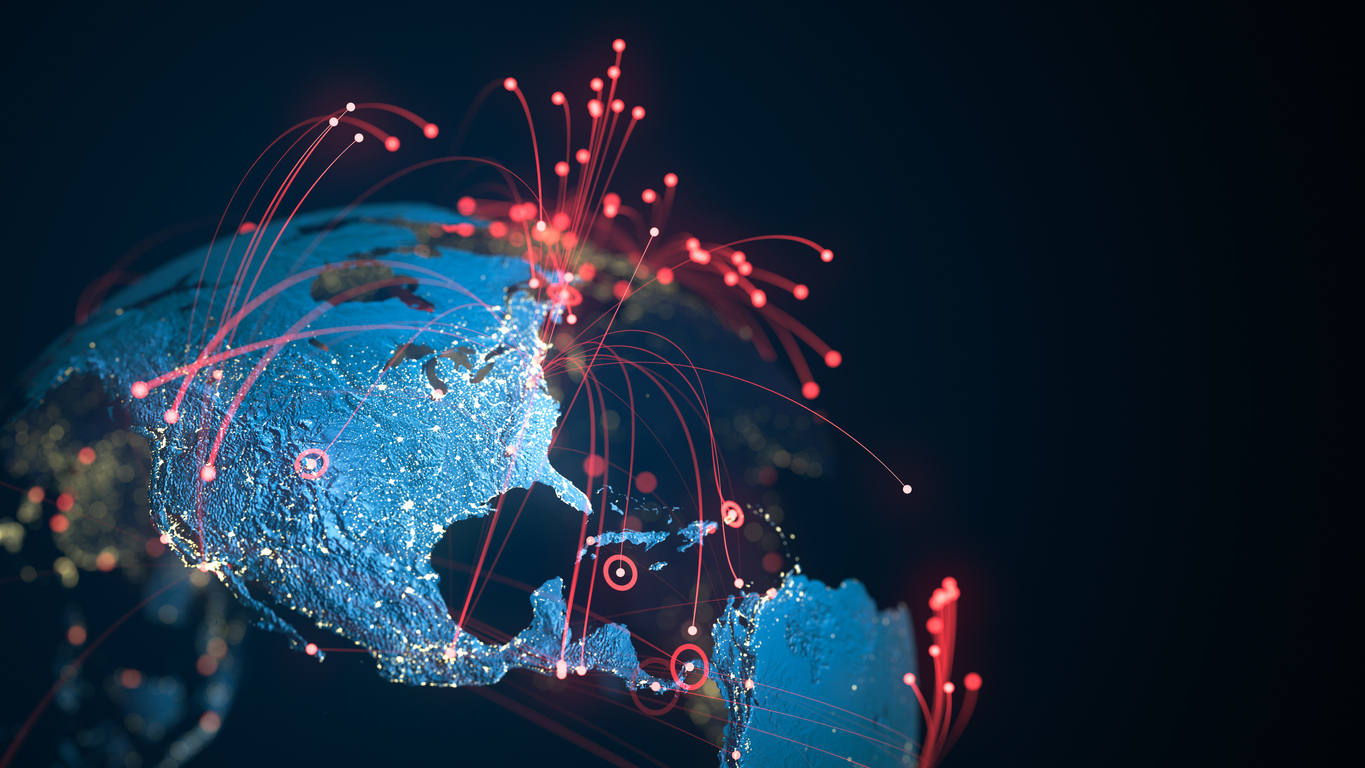
The healthcare industry bears a tremendous responsibility for protecting the privacy of patients. Facilities store sensitive personal, medical and financial information on the individuals they serve, and systems are moving increasingly to technological data storage utilizing software and cloud programs. While convenient and easy to use and maintain, these systems leave patient data vulnerable to healthcare cyberattacks.
The COVID-19 pandemic increases the risks to patient information. If security structures are not in place, it can take even longer than normal for a breach to be recognized due to high caseload numbers and the added pressures wrought by the crisis. In the meantime, the staff continues to input into the system, providing more sensitive data to the cybercriminals who have infiltrated it. During the coronavirus crisis, hackers will recognize their opportunities and take advantage where they can.
Healthcare Cybersecurity Protection
Given the stressors COVID-19 already presents for the healthcare industry, the additional threat cybersecurity issues pose could have devastating consequences. The most common cyberattack comes in the form of ransomware, whereby information is stolen, encrypted and held for ransom. The National Health Services in the UK fell victim to one such attack in 2017. It is critical for the healthcare industry to take extra measures to ensure patient data protection.
Cybersecurity Initiatives for Personnel
Facilities need to be proactive in securing their systems through personnel initiatives. Staff training is of utmost importance. Be sure anyone with access to patient data is aware of the potential for cyberattacks, understands how to safeguard patient information and knows what to do if they suspect a breach. Healthcare facilities should also limit access to sensitive information to necessary professionals only to reduce opportunities for staff errors, and therefore, breaches.
Cybersecurity Measures for Systems
Boosting cybersecurity necessitates healthcare facility administrators take measures that directly shore up systems. Coronavirus patients can have teams of doctors, nurses and respiratory therapists who require information from one another, resulting in data sharing. Encrypting software is a must, as open applications, such as standard email, are vulnerable to cyberattacks.
Any computers and devices healthcare professionals use need to be protected with antimalware software. Once installed, software updates are essential to ensure the program maintains functionality. Sensitive information should not be accessed or shared on portable devices, such as mobile phones, as individual devices are more susceptible to hacking than entire systems. Similarly, operating within open networks leaves the system vulnerable to cyberattacks. Secured networks are imperative for the protection of patient data and information.
About Arroyo Insurance Services
Arroyo Insurance Services was officially established in 1986, but we have roots dating back to before 1950. One of California’s leading client-oriented and independently owned agencies, we have over 140 employees with a combined experience of over 450 years, spread across 11 locations. We are committed to providing the best insurance and risk management services at the most competitive premiums, and backing it with hands-on service tailored to our customers’ needs. For more information on how we can mitigate your risks, contact us today at (877) 220-4769.


